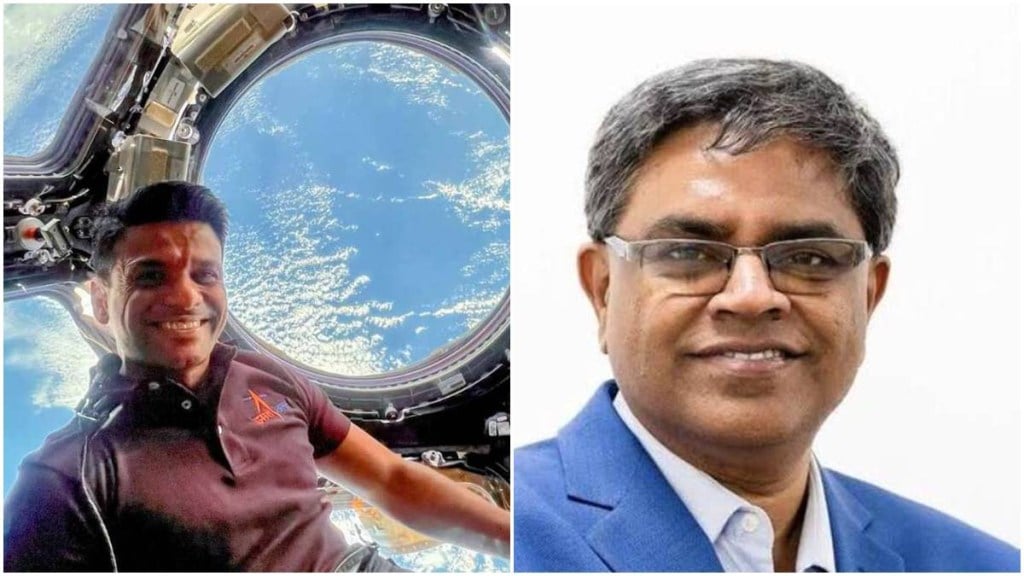Shubhanshu Shukla, the Indian Air Force group captain who recently went to the International Space Station (ISS) on the Axiom Mission 4, generated enough buzz on Indian campuses, including the IITs. Sources told FE that his mission is being seen as a powerful motivator for the next generation of scientists and engineers. He is also one of the four astronaut-designates for the upcoming Gaganyaan mission – the country’s first human spaceflight programme. We talked to Prof Satya Chakravarthy of the Dept of Aerospace Engineering at IIT Madras, who said that the space industry doesn’t just need engineers or scientists or astronauts, but also accountants, MBAs, metallurgists, geologists, and sales and business strategy experts.
What kind of jobs are available in the space industry?
These are largely tech-related jobs, starting from mechanical, chemical, electrical and electronics, communications, sensors, civil, aerospace, computer science, etc, but there are also other jobs in space law, space economics, and business.
And what kind of qualifications are needed for these jobs?
Mostly bachelor’s degrees and master’s degrees, and doctorates and MBAs to a lesser extent.
Are IITs a route to find a job in the space industry, or does one need to study at institutes such as the Indian Institute of Space Science and Technology (IIST), Thiruvananthapuram?
You don’t need to study at IITs, the IIST, or equivalent institutes to work in the space industry. You can be from any good college or university. What is needed is a dedicated focus on space.
Where are these jobs? With the Indian Space Research Organisation (ISRO)?
Many space start-ups have emerged in the recent past, and they are employing in substantial numbers. A large number of industries act as suppliers to both the ISRO and these start-ups, which too have employment opportunities. The ISRO, obviously, is also a good place to work, but not the only place.In 2023, the ISRO said that “the involvement of industries in space activities has created jobs for around 45,000 people in the country.”
In which all ways can a person become an astronaut? India’s two astronauts – Rakesh Sharma and Shubhanshu Shukla – are from the IAF. Is being an IAF officer a prerequisite to becoming an astronaut?
As of today, a fighter pilot from the IAF is the prime candidate for being selected as an astronaut. This will likely ease up to include mostly young (and fit) scientists who could perform relevant experiments. But ultimately, there could be others like journalists or school teachers who could come back to report or talk to children about their experiences. And, in the long run, space tourists would become mainstream astronauts.
What kind of courses/specialisations are available at IIT Madras that can help someone get a job in the space industry?
Since a broad range of engineering disciplines are relevant to employment in the space sector, pretty much most specialisations at IIT Madras feed graduates for such jobs. Specific courses that are most relevant would be in aerospace engineering, mechanical engineering, and in avionics at the electrical engineering department.
